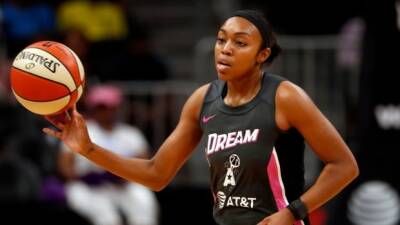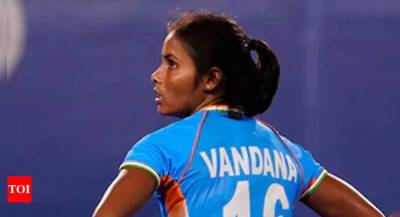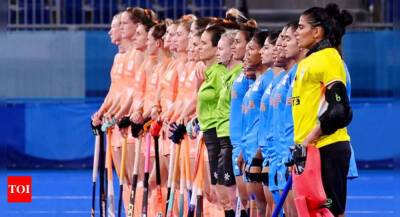CBC Sports panel: Breaking the bias in women's sports
Figure skater Maddie Schizas delivered multiple personal-best performances in her Olympic debut last month to help Canada place fourth in the team event. But how much will Canadians see of the 19-year-old and other women in sport before the 2026 Winter Games?
"Every four years [at the Olympics] is not enough to see women's sports in the spotlight," said the reigning Canadian women's champion from Oakville, Ont., who also placed 19th in the women's program in Beijing.
On Tuesday, Schizas took a break from training ahead of the world championships later this month to join a CBC Sports/International Women's Day panel, celebrating the progress and work still to be done to forge women's equality and break the bias in sport.
"This is still a challenge we have. We don't have a professional women's league of any kind in Canada," host Andi Petrillo said during the 55-minute discussion. "[But] there is proof that people love watching women's sport."
Last August, 4.4 million Canadians were glued to the women's soccer team's Olympic gold-medal victory in Tokyo. And a month ago, 2.7 million people watched Canada's hockey women defeat their American rivals for an Olympic gold medal in China.
But what will happen to coverage of women's sport after the Olympics? How can it be brought back in the spotlight?
The profile of women's sport and attracting sponsorship need to be grown together, according to former Canadian curler Renée Sonnenberg.
"There's a market out there for loyal women and we need to look for innovative ways to get support, build the sponsorship while we build the market and try not to chase the same audience and money as the male sports," said the analytics lead for Curling Canada.
If the profile can be created,






